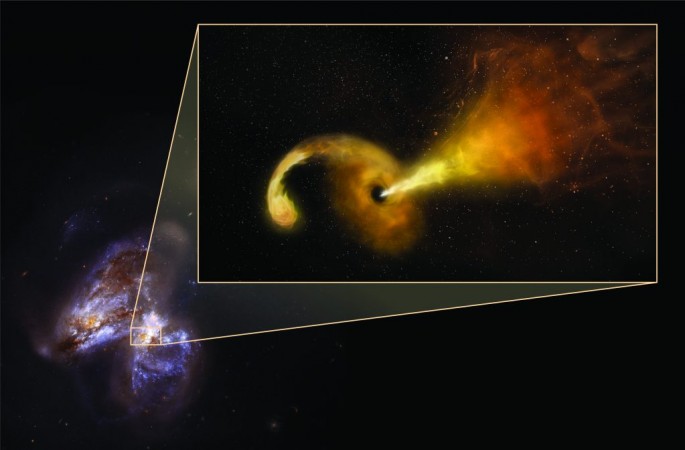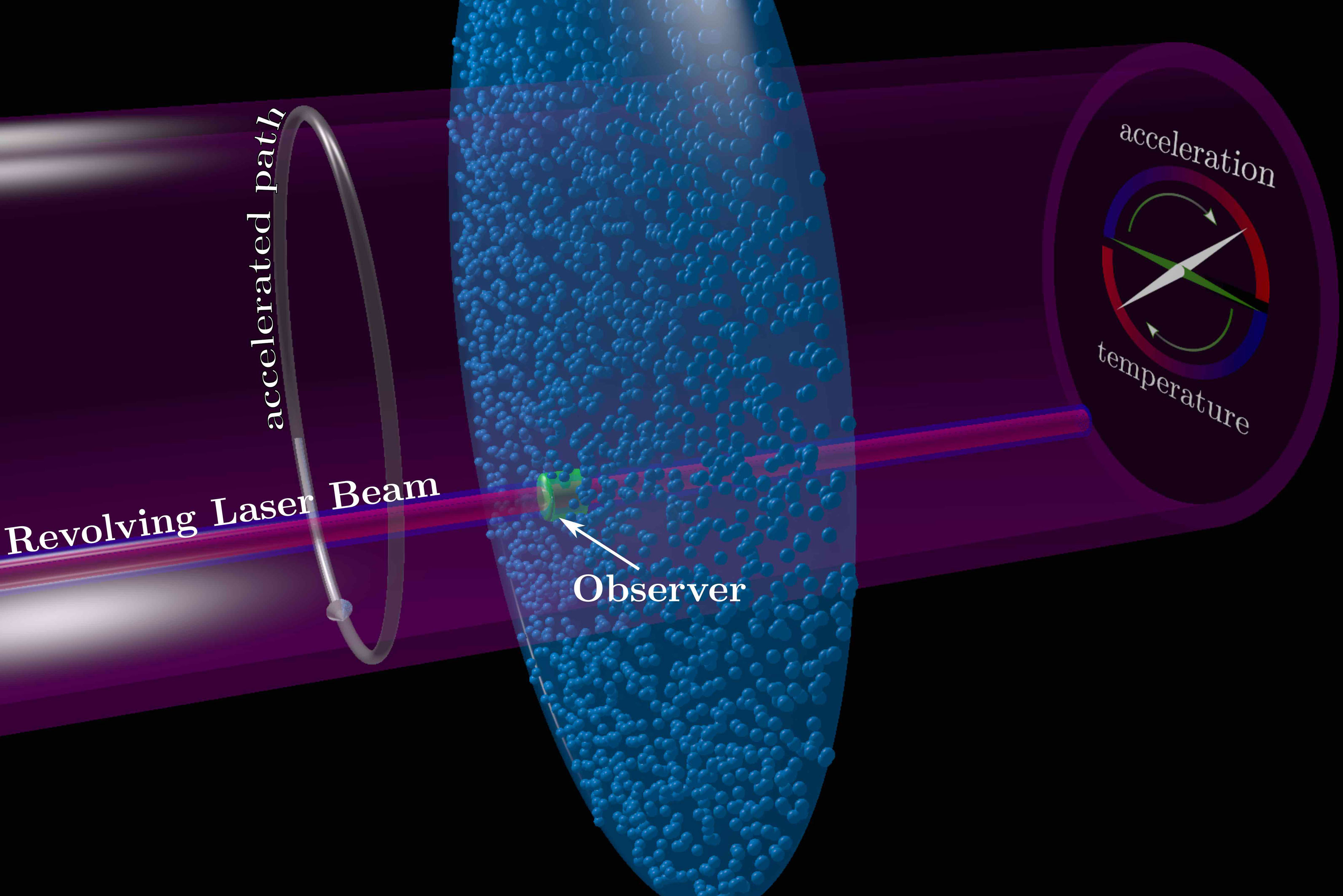

But the answer to that is simple: it didn't because there is no reason for it to do so, as the magnitude of the local density is not relevant. So it still makes sense to ask why didn't that cause the formation of a black hole. But that's a separate misconception.īut as far as we know, the local density at every point did diverge to infinity in the finite past. There only Big Bang cosmologies for which that is even a workable analogy is those involving a closed universe, which is definitely not all of them. Matter and energy wasn't necessary concentrated at a single point. This is the most important difference in which the large-scale structure spacetime in Big Bang solutions is very different from stellar collapse scenarios.ġ) If all the matter and energy were concentrated at a single point at the big bang, why wasn't that a black hole, or why didn't it form one?

Since all points in space are equivalent, there is no special point around which an absolute event horizon could form to enclose it in an observer-independent manner, and thus no black hole. There is not magical 'density point' for black holes whether something does or doesn't form a black hole is determined by global conditions of spacetime.ĮDIT: timmy's point regarding uniformity is very relevant. This bears out if you look at the density of a simple case of a Schwarzschild black hole: the larger the black hole is, the less dense it is (though for volume, some caveats apply).

That means that thinking of black holes as essentially determined by some particular density is a mistake. The most important conceptual observation here is that a 'black hole' means is defined not by the local conditions, but by the structure of spacetime on a larger scale. Locally, there is nothing special about the event horizon if you fall in a black hole, there is nothing marking that you've crossed and no local experiment (short in space and duration) that will tell you that you are already doomed. Perhaps the answers there will be illuminating.Ī black hole is a region of spacetime separated by an event horizon, which means no signals from the interior can propagate outward, no matter how long one waits. This question has been asked on the physics SE many times. It is expected that general relativity is not a correct description of spacetime in the pre-inflation era, in large part because quantum mechanics introduces significant effects in those conditions, and it is well known that the two theories are incompatible. General relativity has a spacelike singularity there, and it subsequently cannot say anything beyond that. And furthermore, things were moving rapidly, were in a highly excited state, and were not in thermal equilibrium (until inflation hit, and then things were too diluted and causally disconnected to collapse en masse).Īs for what we could describe the universe as at time $t=0$, we have no idea. Furthermore, since stuff was everywhere, there was no expanse of vacuum (in a flat spacetime, no less) outside the collapsing region. The net gravitational potential was therefore near zero, and there was no one point to which everything could collapse. In particular, the energy was uniformly distributed everywhere. The event occurred everywhere in space, not actually a point. The following were true at the big bang, and violate the usual black hole formation logic. Your problem essentially arises from trying to apply Schwarzschild black hole logic, the assumptions of which are pretty much maximally violated at the big bang.


 0 kommentar(er)
0 kommentar(er)
